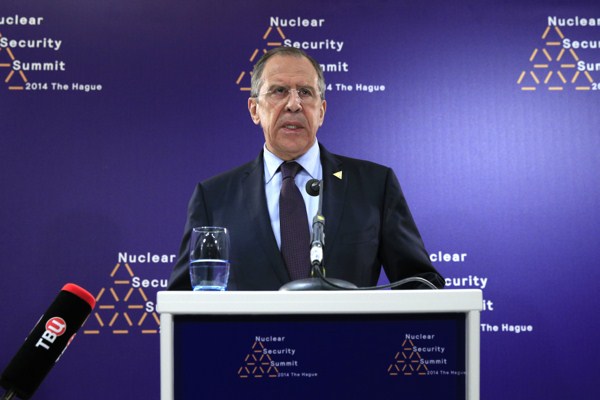Russia’s decision to skip the first planning meeting for the 2016 Nuclear Security Summit (NSS) is an alarming sign that U.S.-Russia tensions over Ukraine and other issues may disrupt their nuclear security partnership. At best, the Russian decision may simply reflect an attempt to signal irritation at the U.S. by disrupting one of Washington’s highest priorities, that of countering nuclear terrorism. At worst, it may represent a decision to boycott the entire NSS process simply because the United States is hosting it.
In either case, the Russian decision is extremely counterproductive. In the short term, it risks sabotaging the tacit decision of both sides to continue cooperating, despite the current tensions, on critical nonproliferation issues, ranging from completing the removal and destruction of Syria’s chemical weapons stocks to finalizing an Iranian nuclear deal and removing dangerous stocks of Cold War-era nuclear material. Indeed, bilateral cooperation in this latter realm contributed to removing the remaining fissile material from Ukraine in 2012, thereby depriving that country of an easy near-term option for developing nuclear weapons and limiting the risks and stakes of the current crisis there.
The conflict between Russia and the West over Ukraine did not seem to harm the March 2014 NSS in The Hague, nor has it caused Moscow to break with the West in nuclear negotiations with Iran. It did not prevent recent successes in U.S.-Russian nonproliferation projects with such countries as Kazakhstan and Poland. Similar scenarios requiring urgent cooperation on nuclear nonproliferation might occur in the future due to regime changes or national emergencies elsewhere, such as the demise of North Korea’s dysfunctional Communist regime or a threatened terrorist seizure of Pakistan’s nuclear weapons.

